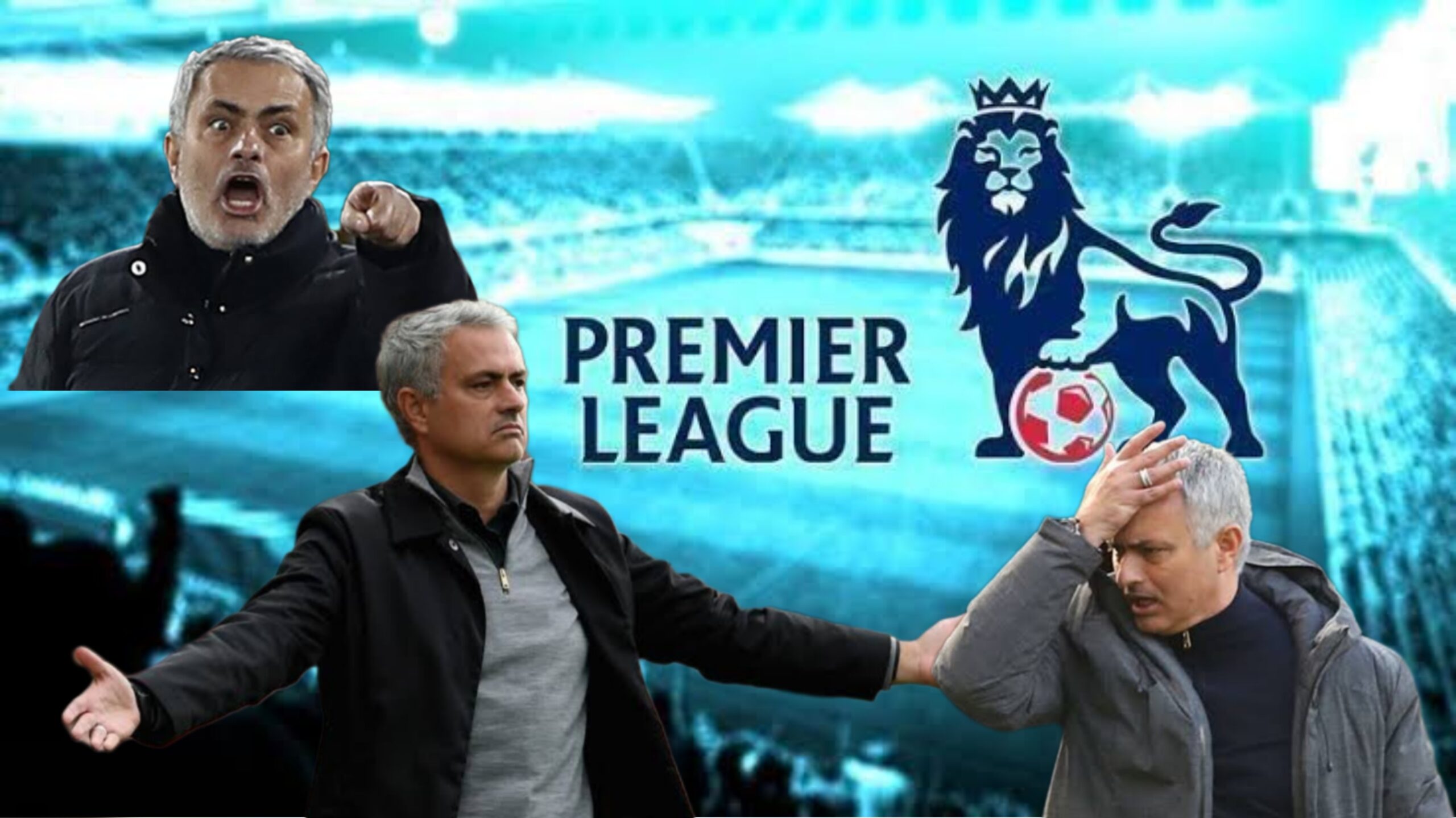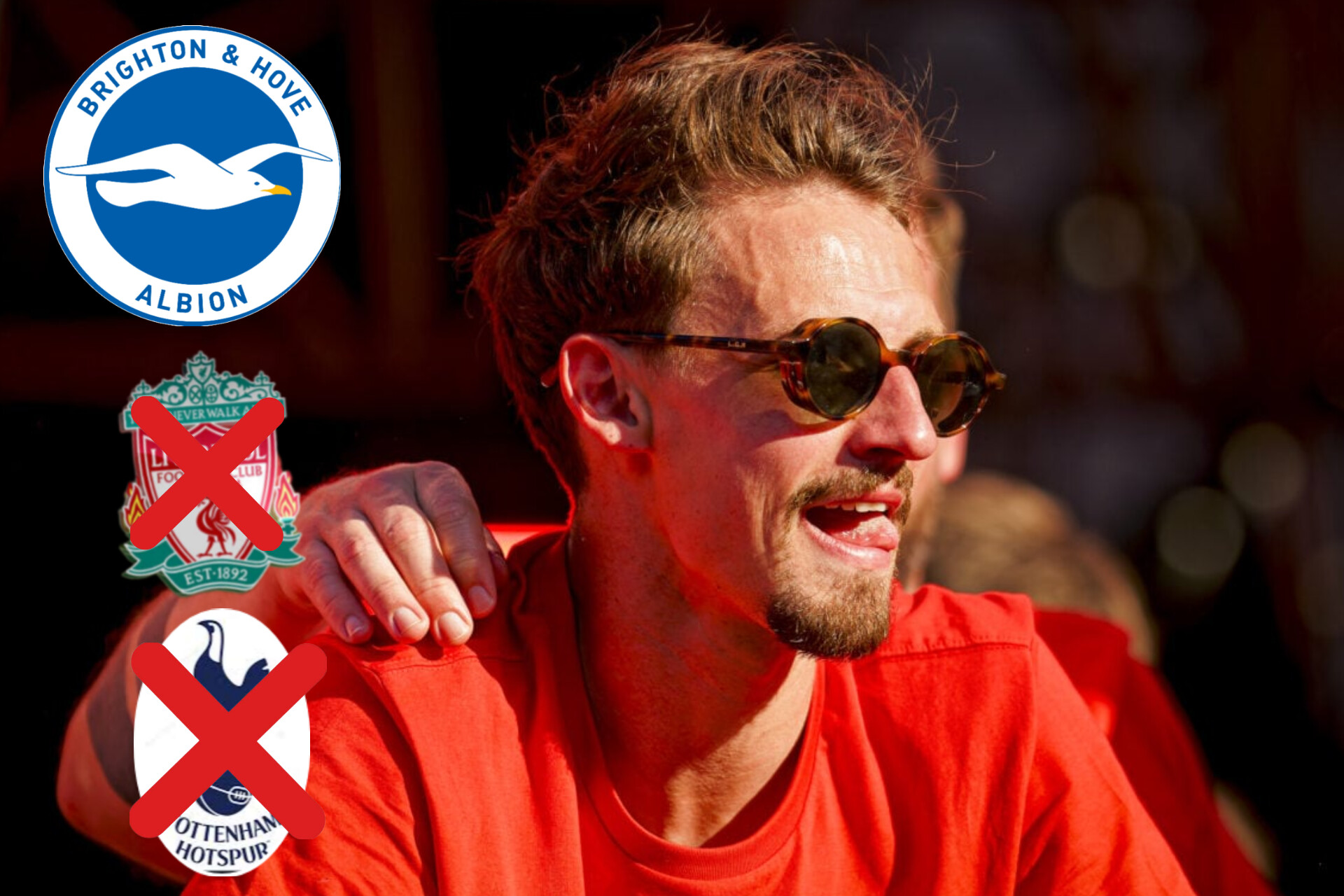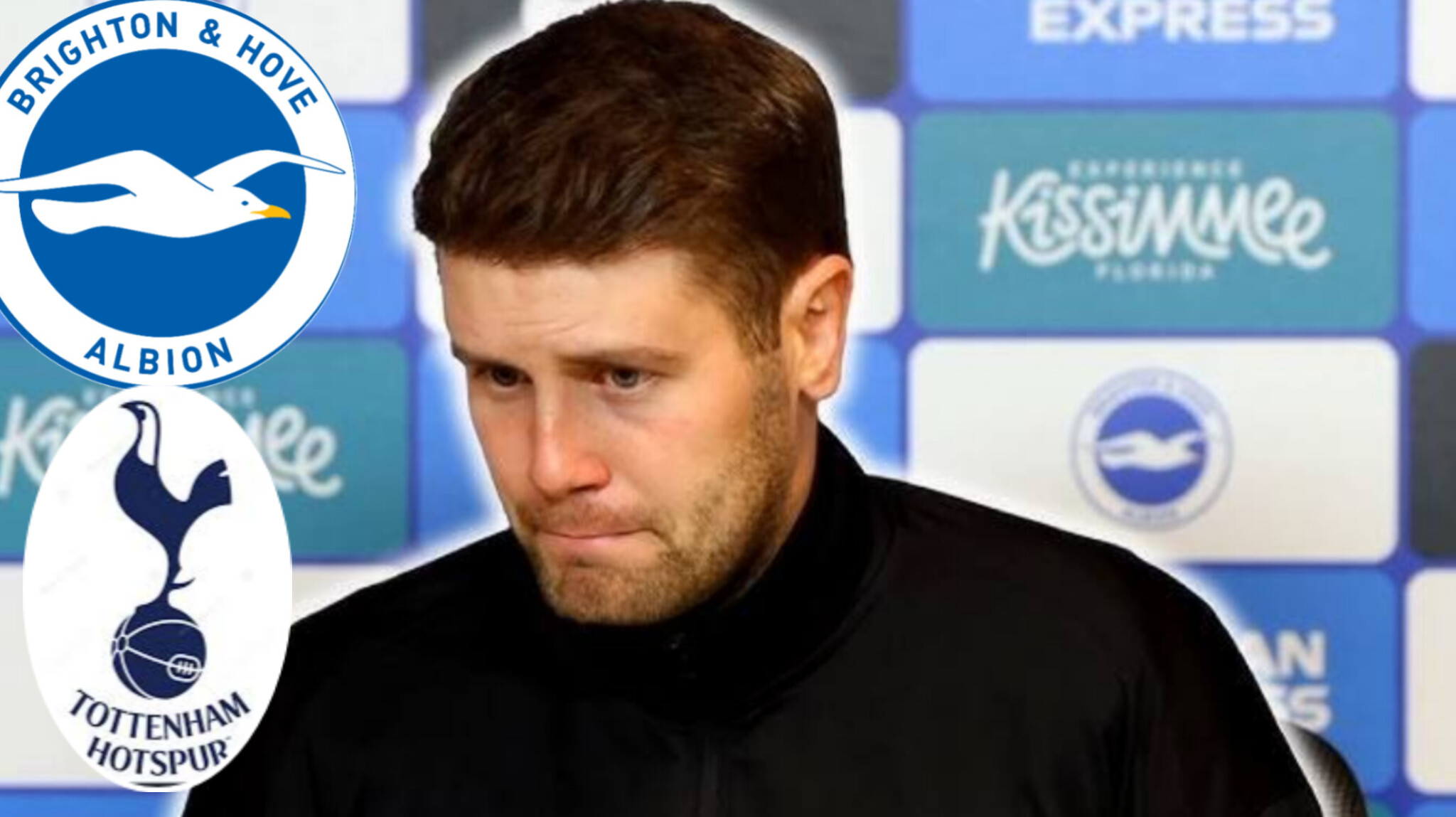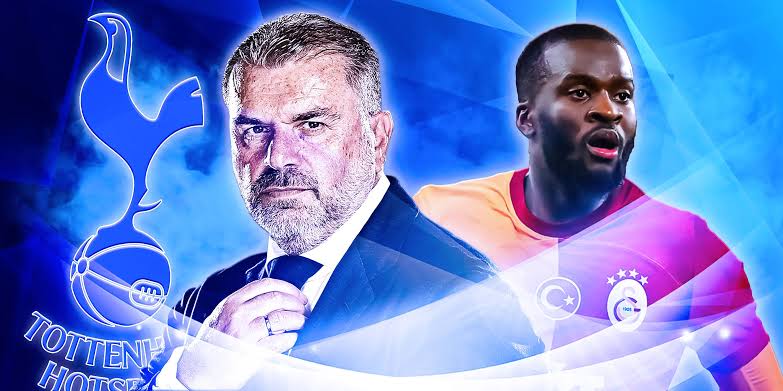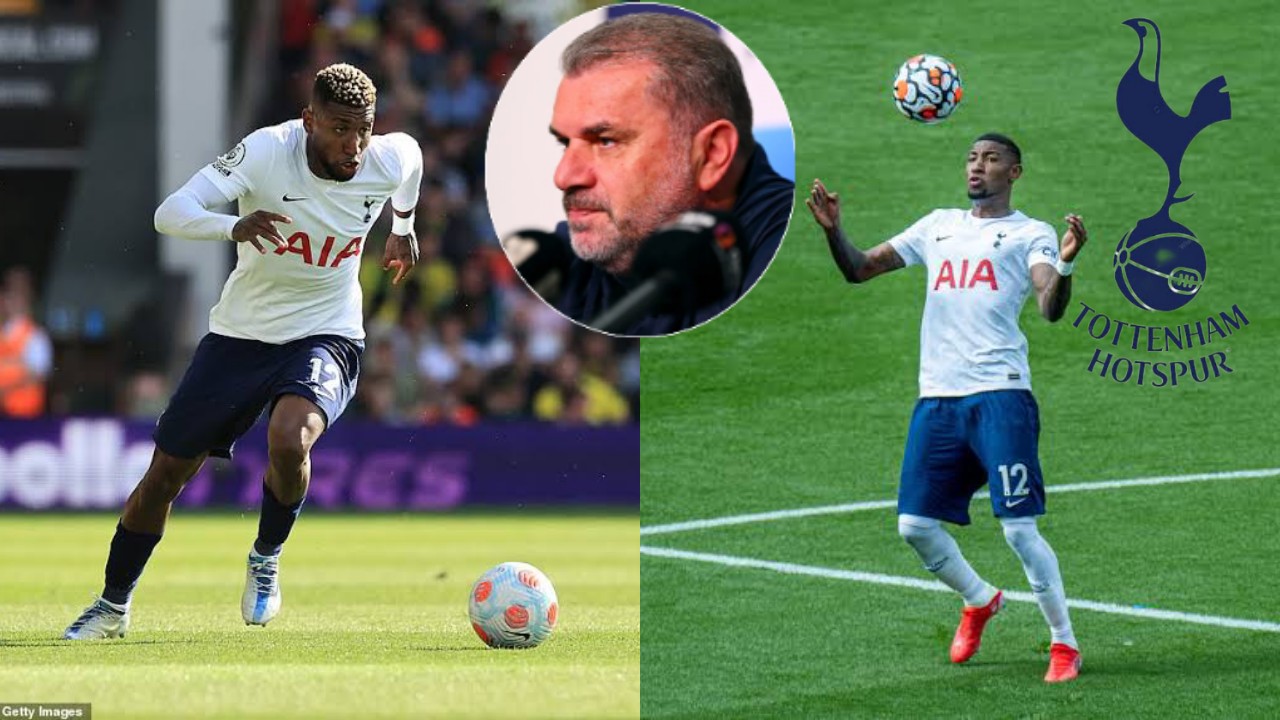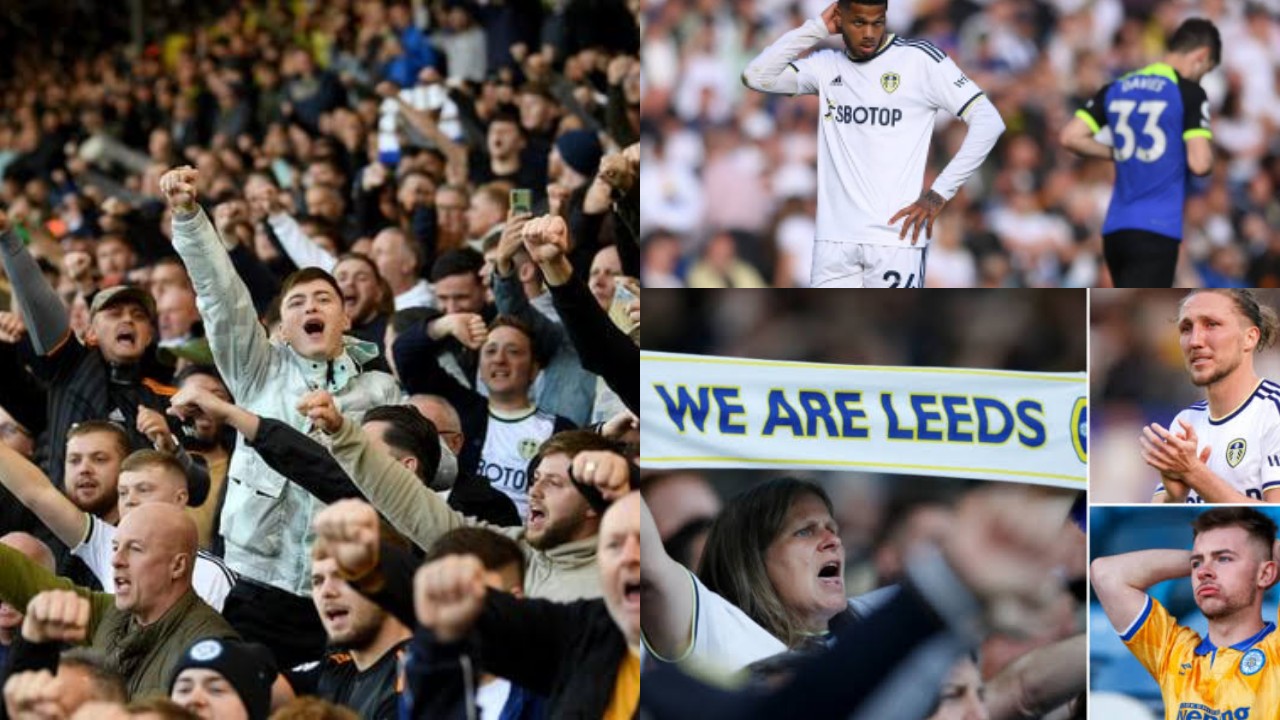Jose Mourinho, the renowned football manager with a storied career spanning some of Europe’s top clubs, has once again found himself at the center of controversy. This time, the incident revolves around a missed press conference following a crucial match in the Turkish Super Lig, where his current team Fenerbahce suffered a 3-1 defeat at the hands of their arch-rivals Galatasaray. The aftermath of this missed media obligation has sparked a heated debate in football circles, with Mourinho characteristically refusing to back down from his stance.
Mourinho’s journey through football management has been nothing short of spectacular, with high-profile stints at Chelsea, Tottenham Hotspur, and Manchester United in the Premier League alone. His tactical acumen, coupled with his often controversial and always headline-grabbing personality, has made him one of the most recognizable figures in world football. Now, as he navigates the challenges of managing in the Turkish Super Lig with Fenerbahce, Mourinho finds himself embroiled in yet another media storm.
The incident in question occurred following the highly anticipated derby match between Fenerbahce and Galatasaray. As is customary in professional football, both managers were expected to address the media in post-match press conferences. However, Mourinho was conspicuously absent from his scheduled appearance, leading to widespread criticism and, ultimately, a fine from the league authorities.
The absence of such a high-profile manager from a post-match press conference, especially after a significant defeat in a derby match, naturally raised eyebrows and led to speculation about the reasons behind his non-appearance. In the fast-paced world of football media, where every word and action is scrutinized, Mourinho’s absence was quickly interpreted by some as an attempt to avoid difficult questions or as a sign of poor sportsmanship.
However, Mourinho, never one to shy away from confrontation or to let criticism go unanswered, took the opportunity to address the issue head-on during his next media appearance. Speaking ahead of Fenerbahce’s Europa League clash against Union Saint-Gilloise, Mourinho offered a robust defense of his actions and provided context for his absence from the previous press conference.
In his characteristic forthright manner, Mourinho began by emphasizing his long-standing record of media engagement throughout his career. “I have never avoided a press conference in my 24-year career,” he stated emphatically, reminding everyone of his extensive experience in football management. This statement served not only as a defense of his recent actions but also as a reminder of his track record of facing the media, even in difficult circumstances.
Mourinho went on to assert, “I have never been afraid of journalists and their questions.” This declaration is particularly noteworthy given his history of sometimes contentious relationships with the media. Throughout his career, Mourinho has been known for his sharp wit and often combative style in press conferences, frequently using these platforms to send messages to players, opponents, and even his own club’s hierarchy.
The crux of Mourinho’s explanation for his absence lay in what he perceived as a breach of protocol and professional courtesy by his counterpart, Galatasaray manager Okan Buruk. Mourinho explained the standard procedure for post-match press conferences, stating, “The coach who plays away goes first. It’s normal to be free [waiting], but there are limits!”
According to Mourinho, he had waited for an exceptionally long time – 70 minutes – for Buruk to complete his press conference. This delay, in Mourinho’s view, went beyond reasonable expectations and professional norms. “I waited 70 minutes and even after that I couldn’t go, because his press conference continued,” Mourinho elaborated, adding, “I can’t wait 70, 75 or 80 minutes for a press conference.”
This explanation sheds light on the behind-the-scenes dynamics that often go unnoticed in the world of football media. While post-match press conferences are a staple of the sport, providing valuable insights and reactions for fans and media alike, they are also subject to unwritten rules and expectations of professional courtesy between managers.
Mourinho’s frustration appears to stem from what he perceived as a lack of respect for his time and the established norms of post-match media duties. By providing this context, Mourinho effectively shifted the narrative from one of him avoiding media responsibilities to one of standing up for professional standards and time management.
This incident, while seemingly minor in the grand scheme of football, highlights several interesting aspects of modern football management and media relations:
1. The importance of post-match press conferences in football culture and the expectations placed on managers to participate, regardless of the match outcome.
2. The unwritten rules and courtesies that govern interactions between managers, even in the heated aftermath of rivalry matches.
3. The constant scrutiny faced by high-profile managers like Mourinho, where every action (or inaction) is subject to intense media analysis.
4. The balancing act managers must perform between fulfilling media obligations and managing their own time and energy, especially after emotionally charged matches.
5. The power of narrative control in football media, as demonstrated by Mourinho’s ability to reframe the discussion around his absence.
As the football world digests Mourinho’s explanation, opinions are likely to be divided. Some will sympathize with his frustration over the extended wait, seeing it as a justifiable reason for his absence. Others may view his actions as an unnecessary escalation of a minor inconvenience, potentially detracting from the focus on his team’s performance.
Regardless of individual opinions on the matter, this incident serves as yet another chapter in the colorful career of Jose Mourinho. It reinforces his image as a manager who is unafraid to challenge norms and stand his ground, even in the face of criticism. As Fenerbahce progresses through their season, both in domestic competitions and in Europe, all eyes will be on Mourinho to see how he navigates the challenges ahead, both on and off the pitch.
In the broader context of football management, this episode underscores the multifaceted nature of a manager’s role in the modern game. Beyond tactical decisions and player management, today’s top managers must also be adept at handling media relations, managing public perceptions, and navigating the often-turbulent waters of football politics. Mourinho’s handling of this situation, from the initial absence to his subsequent explanation, demonstrates the complex interplay between these various aspects of football management.
As the season progresses, it will be interesting to see if this incident has any lasting impact on Mourinho’s relationship with the Turkish media or if it influences how post-match press conferences are managed in the Turkish Super Lig. For now, as Fenerbahce turns its attention to European competition, Mourinho will undoubtedly be focused on translating his vast experience and tactical knowledge into success on the pitch, while continuing to navigate the ever-present challenges of media relations in modern football.
